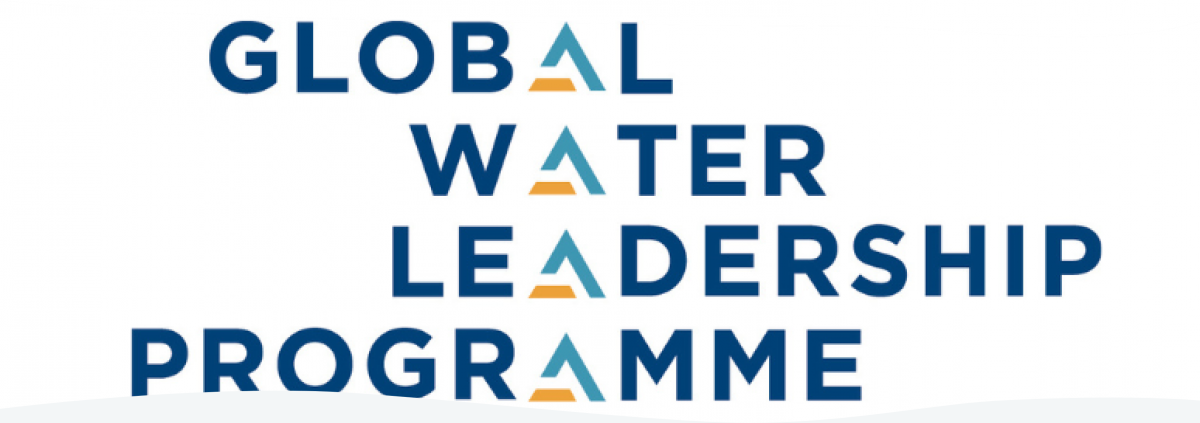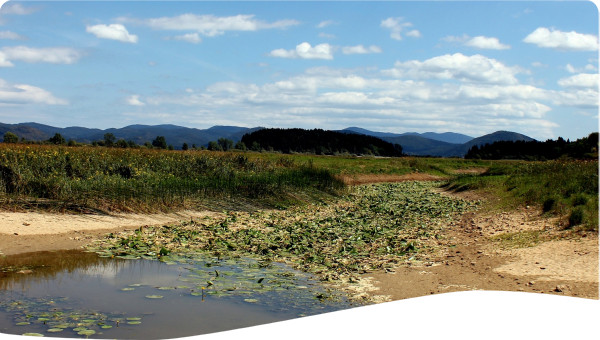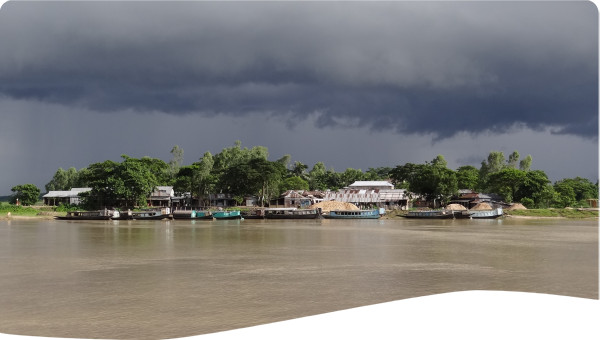The GWL team leveraged their role as the facilitator for strengthening the coordination mechanisms for Nepal’s NDC, NAP, and climate change policy implementation to elevate the importance of water management for climate resilience with the stakeholders who lead the formulation of critical climate policies and plans. To be effective in that effort, they simultaneously made use of other programs, tools and opportunities to ensure not only that the climate community was willing to further focus upon water in forthcoming policies.
Building an evidence baseline for water within climate: the AAC Water Tracker
In parallel with ongoing GWL activities, the GWP-Nepal team facilitated an introduction between the Alliance for Global Water Adaptation (AGWA) and GWL’s lead government partner, the Water and Energy Commission Secretariat (WECS), so that AGWA could offer Nepal the opportunity to conduct the Adaptation Action Coalition (AAC) Water Tracker for National Climate Planning (aka the Water Tracker). The Water Tracker is a diagnostic tool to help governments review critical climate policies and assess where and whether water is adequately addressed, and GWL has encouraged its implementation across all countries. The tool was applied to Nepal's 14 climate change and water resources policies and plans.
Seven Province-level workshops under the NDC Partnership
GWP’s primary contribution to the NDC Partnership efforts in Nepal took the form of organizing and facilitating a series of province-level workshops across the country – one in each of its seven provinces, funded by the GWL programme. The purpose of conducting these workshops was multifold:
- To share details on national climate change mitigation and adaptation policies and plans in Nepal, including global initiatives and national commitments and plans on climate change action as contained in NDC, NAP and climate change policies;
- To share climate change adaptation and mitigation-related collaborative activities across the three tiers of government (national, provincial and local);
- To collect views, concerns and needs of the Provinces related to climate change; and
- To encourage provincial climate change focal points to build climate change activities into their annual programmes and budget requests.
During these workshops, the GWL team highlighted the ongoing work of the GWL and its efforts to unite WRM and WASH policymakers to remove or address barriers to climate-resilient water management. Once the Water Tracker outcomes were available, they were also shared in these workshops. The GWL team estimates that these seven workshops reached around 280 participants, representing approximately 195 organizations across the country.
Just like the national body for climate action, the province-level climate focal points come from the forestry sector and do not regularly consider water issues in their work.
Through presentations and discussions during the workshop, the climate change needs and concerns of the province level were collected for reporting back to the National level, and water was mentioned where it had previously been absent.
Interaction Programme under the NDC Partnership
The seven provincial workshops were concluded with a follow-up “High-Level Interaction” with the that reviewed the outcomes of these workshops and also provided recommendations about how to proceed with next steps related to the implementation of the NDCs, NAP and other related climate action policies.
In this meeting, the GWL team had the opportunity to ‘make the case for water’ to the Minister for Forests and Environment and stress the critical role of water in making any climate actions effective and resilient. They were also able to highlight feedback from the workshop participants that called for greater incorporation of water management issues in their climate policymaking.
 Case studies
Case studies

